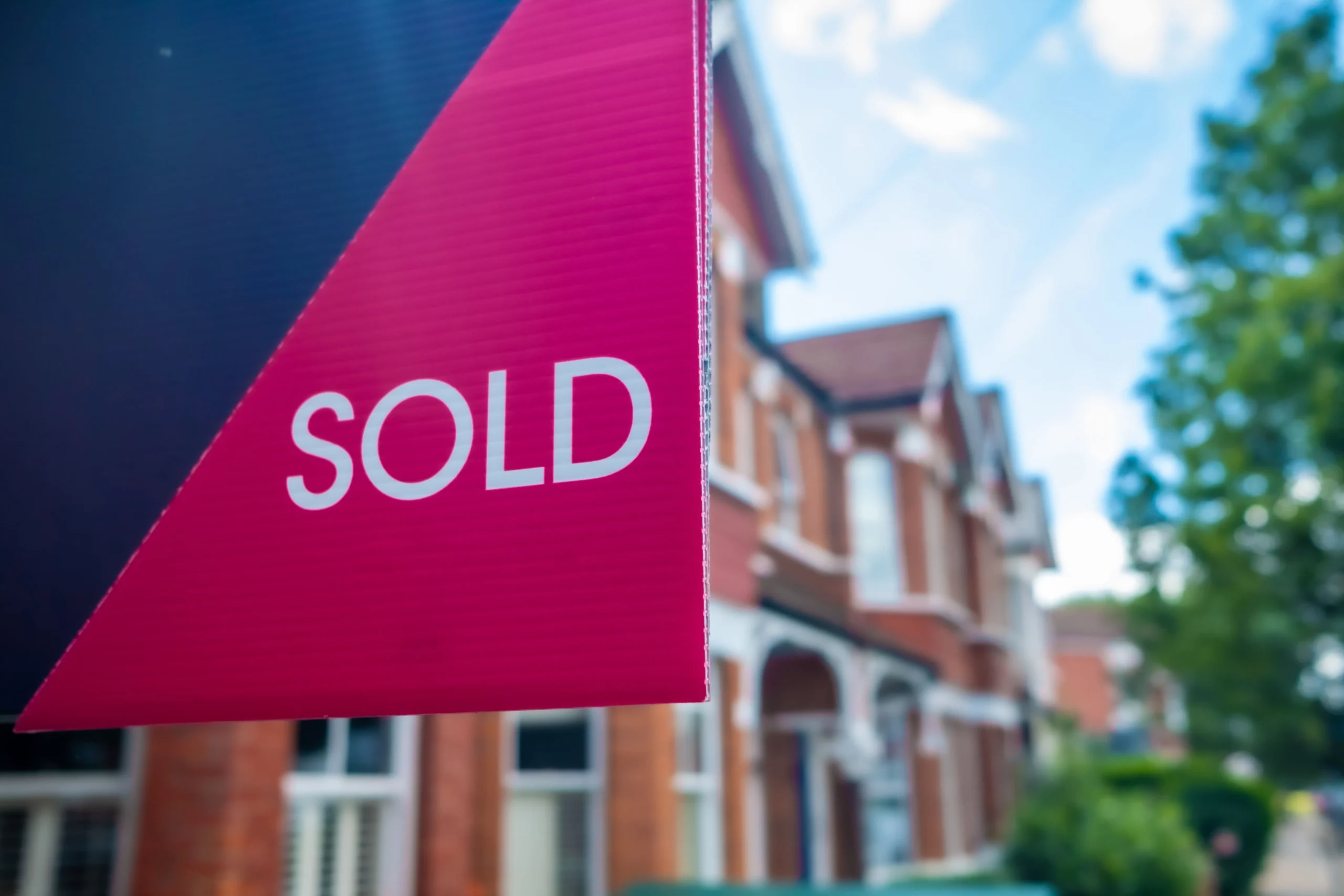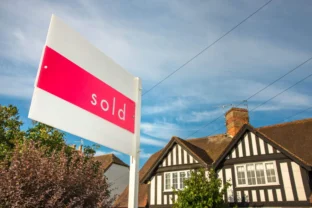What Does A Conveyancer Do?
29 February 2024 • 6 min read

See what our customers have to say about us
Conveyancing can seem like a tricky subject to get your head around. For many, it’s a lot of legal buzzwords and jargon. People aren’t often familiar with what a conveyancer does, but that’s okay; it’s an incredibly specialised role.
A conveyancer is the legal link in a house sale between buyer and seller, but also the local government and other authorities that make your house sale final and legally binding.
In the most simple of descriptions, a conveyancer deals with the purchase of a property once you’ve had your offer accepted. But of course, the purchasing process is not straightforward – and that’s why we look to conveyancers to handle it for us.
Here are a few things you can expect a conveyancer to provide and what the process looks like:
Instructing a Conveyancer
Once an offer has been made and accepted, both buyer and seller will need to instruct separate conveyancers. Once secured, your conveyancer will explain the process you will go through and will reveal how much it might cost. Conveyancers then prepare terms of business, which must be agreed upon. If you are buying, details about the property you want to purchase need to be supplied to the estate agent, your mortgage lender and the seller’s solicitor. If you are selling the property, you need to know your buyer’s conveyancer, the property you are selling, and the price you are selling it for.
What’s needed?
Both parties’ conveyancers should verify their clients’ identities. Your conveyancer will request and review a draft contract from the seller’s conveyancer, along with the necessary forms and documents the seller must complete.
The seller will also outline which fixtures and fittings are included in the sale of the property. This usually includes items and furnishings such as carpets, fridges, cookers, light fittings, wardrobes, curtains and curtain rails. If any items are included that you do not want, or if it doesn’t include items that both parties have agreed will be left, you can contest this via your conveyancer.
A Property Information form should also be issued by a conveyancer, giving a complete breakdown regarding important issues such as property boundaries, planning permission, ongoing neighbour disputes, building work, and utility suppliers.
Title deeds or office copies will also be obtained by the seller’s conveyancer from the deeds holder or office copies from the title register. There may be other documents required by the Land Registry that your conveyancer can track down.
Searching high and low
Your conveyancer will carry out all necessary searches on a property, including local authority, water, environmental, and mining searches, and will discuss any issues that arise. Searches usually take two to four weeks, depending on the local authority. Delays, however, are somewhat unavoidable. It all depends on the local authority, but your conveyancer will do their best to chase these searches through.
Checking relevant finances
Your conveyancer will review the mortgage offer and ensure that all the lender’s requirements for releasing funds are met. If the buyer is not obtaining a mortgage, the conveyancer will verify the origin of the funds used to purchase the property to detect possible money laundering. A buyer’s conveyancer will also advise on the amount of stamp duty land tax.
The seller’s conveyancer will obtain details of any outstanding mortgage payments from the seller’s mortgage lender.
Contractual necessities
The seller’s conveyancer will prepare a draft contract and send it to your conveyancer, along with the title documents and copies of the property information form and the fittings and contents form. This then gets checked.
If any queries are unearthed, your conveyancer raises them with the seller’s conveyancer, who may need to contact the seller or third parties to provide answers, which will be passed back to the buyer’s conveyancer.
Once all enquiries are dealt with, your conveyancer will prepare a property report containing all the information you need about the house, and you will be asked to sign it.
Deposits and completion
Once all of the enquiries and searches are complete, your conveyancer will ask for the deposit and request funding paperwork from the mortgage lender.
Together, both conveyancers will then propose certain completion dates to their clients. If there is a chain, completion dates will be discussed and agreed upon with everyone in the existing chain.
The all-important exchanging of contracts
Once both parties have agreed on a completion date, contracts are signed and exchanged. This is when the buyer and seller are legally bound to complete the transaction on the agreed date.
The buyer’s conveyancer will prepare the transfer deed and send it to the seller’s conveyancer for signature in readiness for completion. The buyer’s conveyancer will apply to the mortgage lender for funds.
Completion
Funds will be transferred electronically between your and the seller’s conveyancers, and once this is done, the transaction is complete. This will trigger the seller’s need to move out of the property, and the buyer can obtain the keys. Your home is almost yours!
The seller’s conveyancer will then repay any outstanding mortgage against the property.
Paying stamp duty land tax and registering with the Land Registry
Your conveyancer will pay the stamp duty land tax to HMRC on your behalf and register ownership with the Land Registry. Copies of the registered title will be provided to you and your lender. The Land Registry can take up to 6 months to return the registration application following completion, but your conveyancer will be able to advise how far you are in that process.
So that’s everything a conveyancer does. It can be a confusing process to wrap your head around, but at Muve, our dedicated team will guide you through every step along the way.
If you’d like to enquire about how Muve can help with your move, get a quote in as little as 40 seconds here.
You might also like
See what our customers have to say about us Trustpilot Knowing how to sell ...
A property chain involves a connected group of home buyers and sellers where there ...

